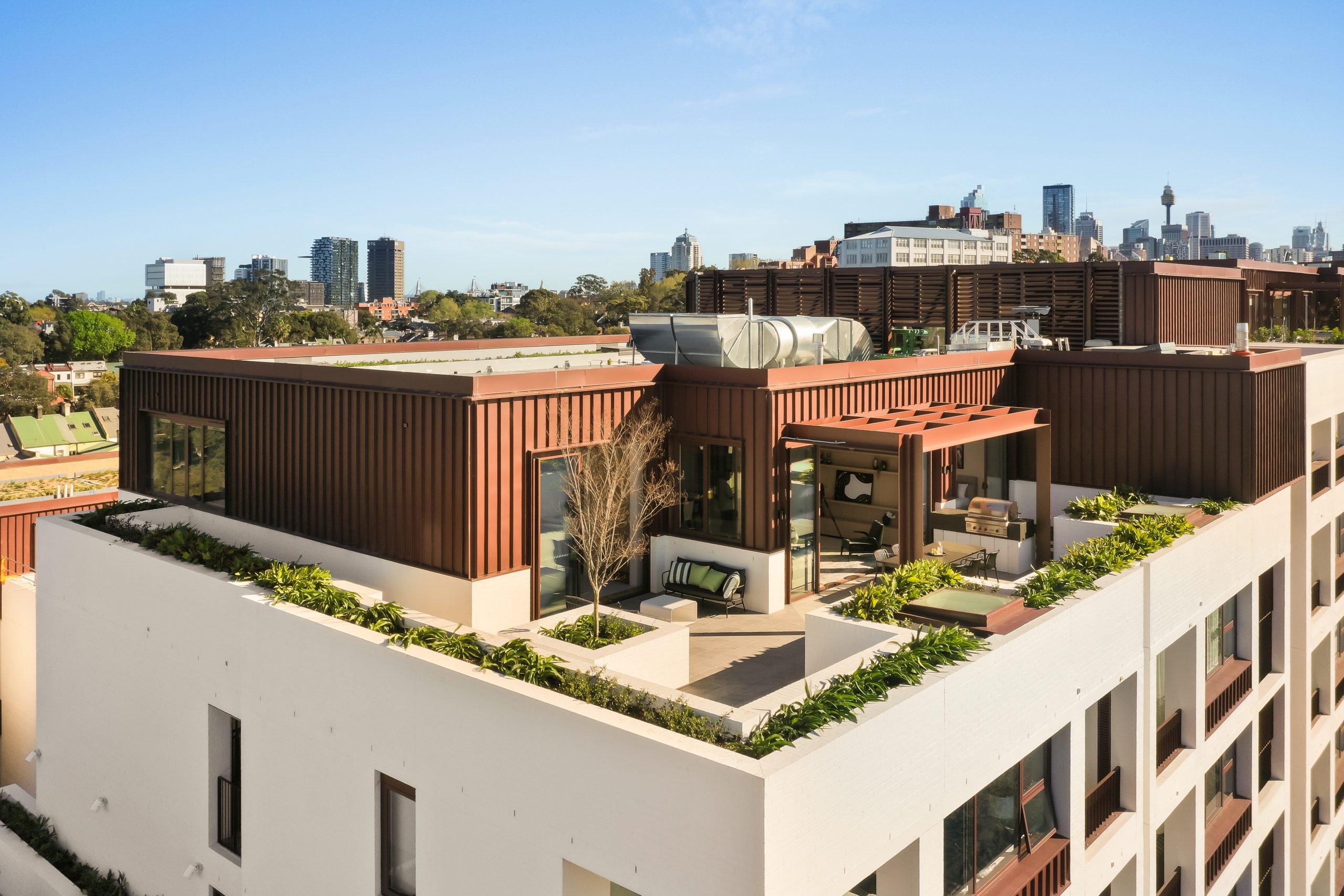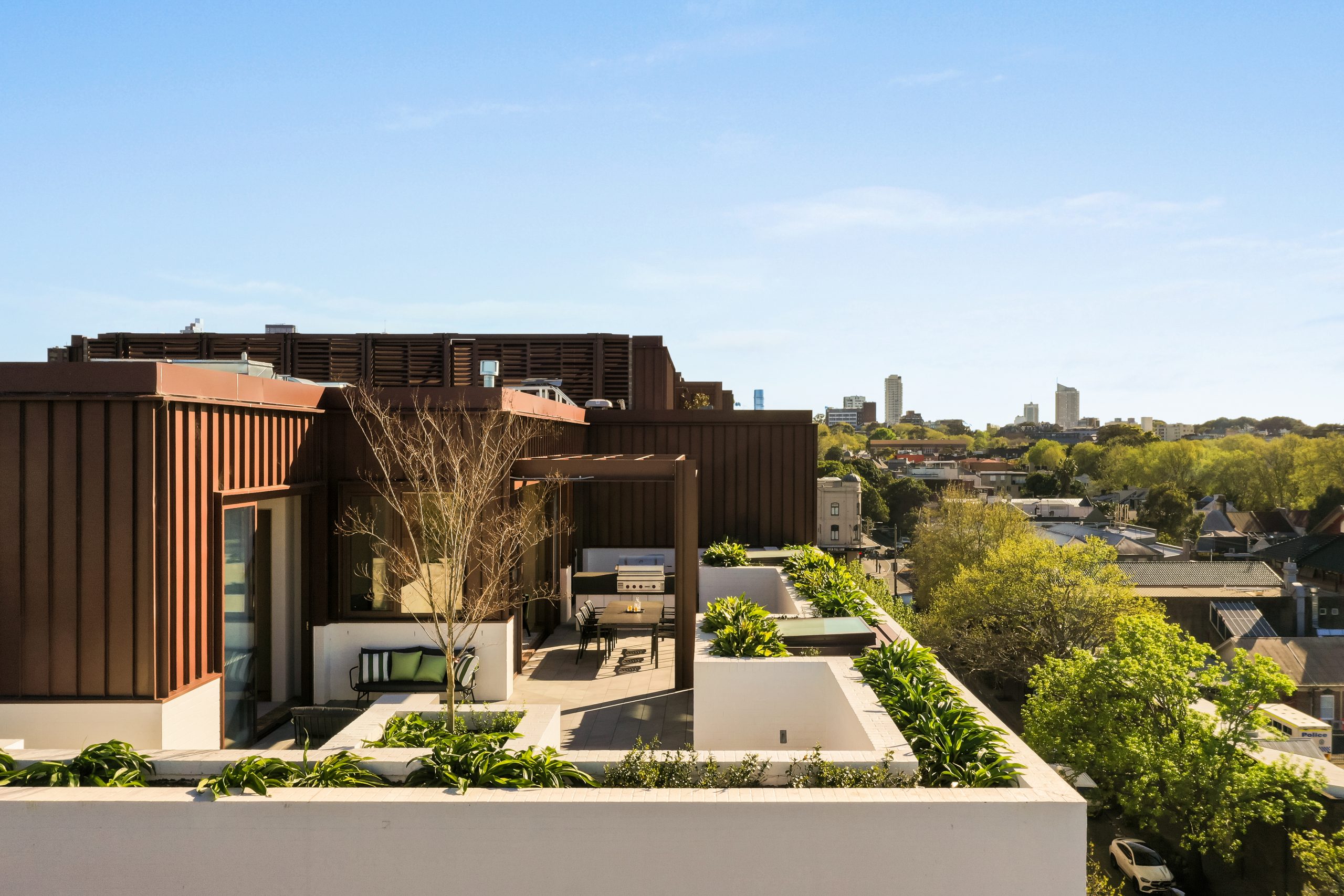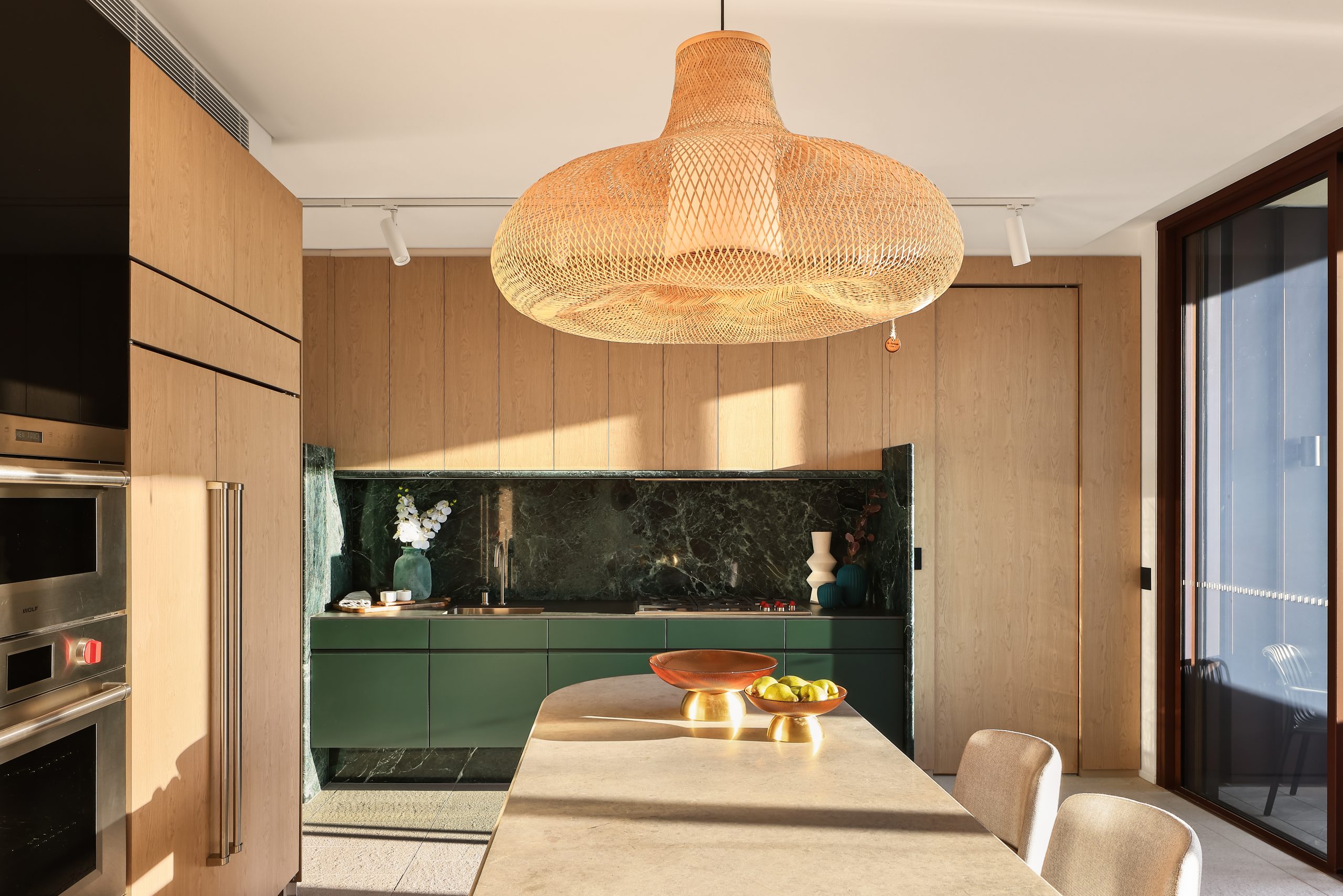Hong Kong Takes Drastic Action to Avert Property Slump
The city’s real-estate market has been hurt by high interest rates and mainland China’s economic slowdown
Hong Kong has taken a bold step to ease a real-estate slump, scrapping a series of property taxes in an effort to turn around a market that is often seen as a proxy for the city’s beleaguered economy.
The government has removed longstanding property taxes that were imposed on nonpermanent residents, those buying a second home, or people reselling a property within two years after buying, Financial Secretary Paul Chan said in his annual budget speech on Wednesday.
The move is an attempt to revive a property market that is still one of the most expensive in the world, but that has been badly shaken by social unrest, the fallout of the government’s strict approach to containing Covid-19 and the slowdown of China’s economy . Hong Kong’s high interest rates, which track U.S. rates due to its currency peg, have increased the pressure .
The decision to ease the tax burden could encourage more buying from people in mainland China, who have been a driving force in Hong Kong’s property market for years. Chinese tycoons, squeezed by problems at home, have in some cases become forced sellers of Hong Kong real estate—dealing major damage to the luxury segment.
Hong Kong’s super luxury homes have lost more than a quarter of their value since the middle of 2022.
The additional taxes were introduced in a series of announcements starting in 2010, when the government was focused on cooling down soaring home prices that had made Hong Kong one of the world’s least affordable property markets. They are all in the form of stamp duty, a tax imposed on property sales.
“The relevant measures are no longer necessary amidst the current economic and market conditions,” Chan said.
The tax cuts will lead to more buying and support prices in the coming months, said Eddie Kwok, senior director of valuation and advisory services at CBRE Hong Kong, a property consultant. But in the longer term, the market will remain sensitive to the level of interest rates and developers may still need to lower their prices to attract demand thanks to a stockpile of new homes, he said.
Hong Kong’s authorities had already relaxed rules last year to help revive the market, allowing home buyers to pay less upfront when buying certain properties, and cutting by half the taxes for those buying a second property and for home purchases by foreigners. By the end of 2023, the price index for private homes reached a seven-year low, according to Hong Kong’s Rating and Valuation Department.
The city’s monetary authority relaxed mortgage rules further on Wednesday, allowing potential buyers to borrow more for homes valued at around $4 million.
The shares of Hong Kong’s property developers jumped after the announcement, defying a selloff in the wider market. New World Development , Sun Hung Kai Properties and Henderson Land Development were higher in afternoon trading, clawing back some of their losses from a slide in their stock prices this year.
The city’s budget deficit will widen to about $13 billion in the coming fiscal year, which starts on April 1. That is larger than expected, Chan said. Revenues from land sales and leases, an important source of government income, will fall to about $2.5 billion, about $8.4 billion lower than the original estimate and far lower than the previous year, according to Chan.
The sweeping property measures are part of broader plans by Hong Kong’s government to prop up the city amid competition from Singapore and elsewhere. Stringent pandemic controls and anxieties about Beijing’s political crackdown led to an exodus of local residents and foreigners from the Asian financial centre.
But tens of thousands of Chinese nationals have arrived in the past year, the result of Hong Kong rolling out new visa rules aimed at luring talent in 2022.
 Copyright 2020, Dow Jones & Company, Inc. All Rights Reserved Worldwide. LEARN MORE
Copyright 2020, Dow Jones & Company, Inc. All Rights Reserved Worldwide. LEARN MORE
This stylish family home combines a classic palette and finishes with a flexible floorplan
Just 55 minutes from Sydney, make this your creative getaway located in the majestic Hawkesbury region.
A Sydney site with a questionable past is reborn as a luxe residential environment ideal for indulging in dining out
Long-term Sydney residents always had handful of not-so-glamourous nicknames for the building on the corner of Cleveland and Baptist Streets straddling Redfern and Surry Hills, but after a modern rebirth that’s all changed.
Once known as “Murder Mall” or “Methadone Mall”, the 1960s-built Surry Hills Shopping Centre was a magnet for colourful characters and questionable behaviour. Today, however, a $500 million facelift of the site — alongside a slow and steady gentrification of the two neighbouring suburbs — the prime corner property has been transformed into a luxury apartment complex Surry Hills Village by developer Toga Group.
The crowning feature of the 122-apartment project is the three-bedroom penthouse, fully completed and just released to market with a $7.5 million price guide.
Measuring 211sqm of internal space, with a 136sqm terrace complete with landscaping, the penthouse is the brand new brainchild of Surry Hills local Adam Haddow, director of architecture at award-winning firm SJB.
Victoria Judge, senior associate and co-interior design lead at SJB says Surry Hills Village sets a new residential benchmark for the southern end of Surry Hills.
“The residential offering is well-appointed, confident, luxe and bohemian. Smart enough to know what makes good living, and cool enough to hold its own amongst design-centric Surry Hills.”
Allan Vidor, managing director of Toga Group, adds that the penthouse is the quintessential jewel in the crown of Surry Hills Village.
“Bringing together a distinct design that draws on the beauty and vibrancy of Sydney; grand spaces and the finest finishes across a significant footprint, located only a stone’s throw away from the exciting cultural hub of Crown St and Surry Hills.”
Created to maximise views of the city skyline and parkland, the top floor apartment has a practical layout including a wide private lobby leading to the main living room, a sleek kitchen featuring Pietra Verde marble and a concealed butler’s pantry Sub-Zero Wolf appliances, full-height Aspen elm joinery panels hiding storage throughout, flamed Saville stone flooring, a powder room, and two car spaces with a personal EV.
All three bedrooms have large wardrobes and ensuites with bathrooms fittings such as freestanding baths, artisan penny tiles, emerald marble surfaces and brushed-nickel accents.
Additional features of the entertainer’s home include leather-bound joinery doors opening to a full wet bar with Sub-Zero wine fridge and Sub-Zero Wolf barbecue.
The Surry Hills Village precinct will open in stages until autumn next year and once complete, Wunderlich Lane will be home to a collection of 25 restaurants and bars plus wellness and boutique retail. The EVE Hotel Sydney will open later in 2024, offering guests an immersive experience in the precinct’s art, culture, and culinary offerings.
The Surry Hills Village penthouse on Baptist is now finished and ready to move into with marketing through Toga Group and inquiries to 1800 554 556.
This stylish family home combines a classic palette and finishes with a flexible floorplan
Just 55 minutes from Sydney, make this your creative getaway located in the majestic Hawkesbury region.



























